Module 0: The Basics
Introduction
To get set up, participants should:
- Determine a place to keep digital notes – this could be OneNote, EverNote, Simple note, Notion, or another notetaking application. But it should be a place where they store digital information that they can access from multiple devices.
- Create a LinkedIn profile if they don’t already have one and are comfortable doing so
Wherever they keep notes, participants should start a Career Journal based on the template in Module 0 – Career Journal Template that they update periodically. This is an activity that can also be done in the weekly meetings.
Learning Objectives
- Explain what is big data and identify the types of data, such as quantitative, qualitative, primary, secondary, unstructured, and structured
- Demonstrate an understanding of the importance of data and how it is utilized for small businesses, organizations, communities, and universities
- Identify the difference between correlation and causation using evidence-based data documentations
Resources
Data Fellows should be aware of these resources at Georgia Tech (credit to Christa):
- Workplace Learning and Development
- MentorTech
- ASPIRE Leadership Program
- Professional Development Circles
- Employee Resource Groups
- Staff Diversity, Inclusion, and Engagement - Institute Diversity, Equity, and Inclusion
- State Employee Discounts
- Perks at Work
Module 0: The Basics
Module Sections
*Mobile Version*
Introduction
To get set up, participants should:
- Determine a place to keep digital notes – this could be OneNote, EverNote, Simple note, Notion, or another notetaking application. But it should be a place where they store digital information that they can access from multiple devices.
- Create a LinkedIn profile if they don’t already have one and are comfortable doing so
Wherever they keep notes, participants should start a Career Journal based on the template in Module 0 – Career Journal Template
Learning Objectives
- Explain what is big data and identify the types of data, such as quantitative, qualitative, primary, secondary, unstructured, and structured
- Demonstrate an understanding of the importance of data and how it is utilized for small businesses, organizations, communities, and universities
- Identify the difference between correlation and causation using evidence-based data documentations
Resources
Data Fellows should be aware of these resources at Georgia Tech (credit to Christa):
- Workplace Learning and Development
- MentorTech
- ASPIRE Leadership Program
- Professional Development Circles
- Employee Resource Groups
- Staff Diversity, Inclusion, and Engagement - Institute Diversity, Equity, and Inclusion
- State Employee Discounts
- Perks at Work

